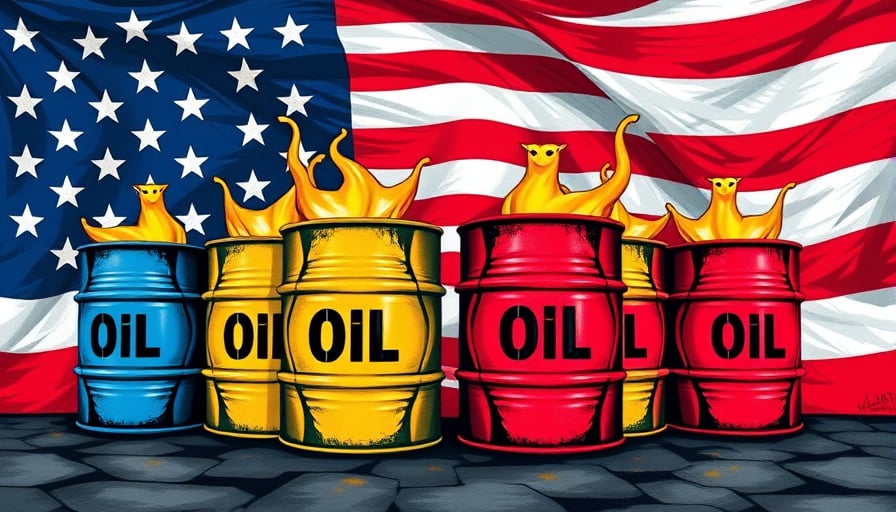Impact of U.S. Sanctions on LUKOIL PJSC
The U.S. administration announced a new package of sanctions that targets Russia’s major oil producers, including LUKOIL PJSC. The measures are intended to pressure Moscow over its military actions in Ukraine and to reduce Russian oil exports to global markets.
Key Elements of the Sanctions
Designation of LUKOIL as a “Key Entity.”
The U.S. Treasury’s Office of Foreign Assets Control (OFAC) added LUKOIL to its Specially Designated Nationals (SDN) list. U.S. persons are prohibited from providing any goods or services to the company, and existing U.S. assets of LUKOIL are blocked.Restriction on U.S. and Third‑Party Financing.
The sanctions forbid U.S. banks and financial institutions from extending credit, loans, or other financial services to LUKOIL. The restriction also applies to non‑U.S. entities that would facilitate financing through U.S. intermediaries.Export Control Measures.
The export control regime now bars U.S. manufacturers from shipping equipment, parts, or technical data that could be used in LUKOIL’s oil and gas operations, including refining and petrochemical production.Secondary Sanctions Risk.
Companies or countries that provide support to LUKOIL may face secondary sanctions, which could restrict their access to U.S. markets and financial systems.
Market and Operational Consequences
Financial Isolation
The SDN designation limits LUKOIL’s ability to raise capital in U.S. dollars and reduces its access to global banking services. This could force the company to seek alternative financing in non‑USD currencies or through state‑backed institutions.Supply Chain Disruption
Export controls impede the import of critical equipment and technology, potentially slowing maintenance and expansion of existing refineries and petrochemical plants.Reduced Global Market Access
While LUKOIL continues to operate refineries and service stations in Russia and the United States, the sanctions constrain its ability to export refined products and petrochemicals to markets that rely on U.S. trade links.Share Price Volatility
LUKOIL’s trading price on the Moscow Stock Exchange has experienced significant fluctuations within the last year. The 52‑week high reached 7,784.5 RUB on 2025‑02‑16, while the 52‑week low fell to 5,626 RUB on 2025‑07‑13. The most recent close on 2025‑10‑18 was 6,438 RUB. The new sanctions are likely to further pressurize the share price, potentially driving it toward the lower end of the recent range.Strategic Reorientation
The company may need to increase reliance on domestic and non‑U.S. partners for equipment, financing, and technology. This could accelerate diversification of its supplier base and shift focus to markets outside the Western sphere of influence.
Broader Context
The sanctions come amid intensified geopolitical tensions. President Donald Trump’s administration has signaled willingness to impose additional measures if Russia persists in its conflict in Ukraine. European allies have also imposed complementary sanctions, creating a coordinated pressure environment. Analysts anticipate that the cumulative effect of U.S. and European sanctions will reduce Russian oil exports significantly, with LUKOIL facing a substantial share of that impact due to its status as a leading national producer.
This article draws exclusively on the provided news items and fundamental data for LUKOIL PJSC, focusing on the implications of the latest U.S. sanctions.
